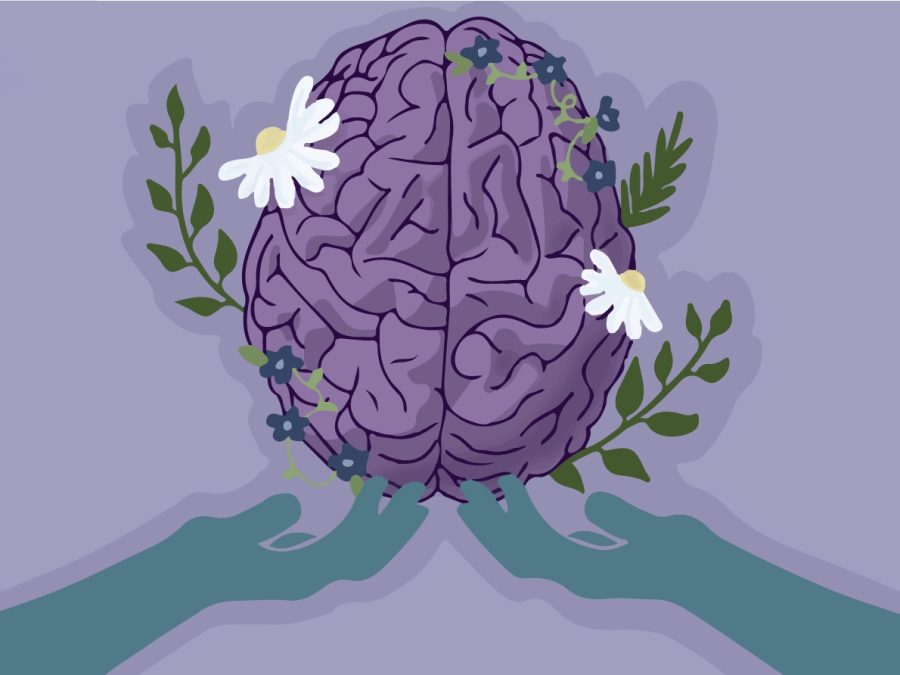Increase peer education workshops for wellness
March 6, 2022
According to the University’s impact statement for 2020-2021, the top five reasons students seek mental health care at the Counseling and Mental Health Center (CMHC) are anxiety, stress, depression, academic concerns and isolation. Most college students agree they experience these issues in various forms, but only some pursue therapy.
People encounter barriers to mental health care that can threaten their personal and academic success, such as stigma and lack of information. Many students on campus are aware of the CMHC but are unfamiliar with its specific resources, such as Longhorn Wellness Center Workshops . It’s important not to assume all students will seek out that information independently. The Longhorn Wellness Center (LWC) must engage with more UT students through a larger number of peer education workshops to better advertise their diverse treatment options.
Peer education is an effective tool for improving familiarity with mental health support, as people tend to better digest information in a casual, conversational setting. Adrian Lancaster, peer support project coordinator for the LWC, spoke on the unique and beneficial nature of peer support.
“I think it is empowering for students because it’s not someone telling them or sharing information with them that they don’t know, it’s them sharing information and support with each other,” Lancaster said. “You get to practice your interpersonal skills and find support for your mental health at the same time in a way that feels like there’s nothing wrong or deficient about you.”
While it is a great education tool, peer education workshops currently fail to reach enough of the student body. Professors and organizations must request workshops on the LWC website, meaning individual students lack control over participating in workshops. As a result, some students are left in the dark about opportunities for mental health care.
Victoria Canales, English and Plan II junior and Plan II Mental Health Alliance president, discussed the consequences of not receiving care.
“College is the time where you’re supposed to be learning about yourself and having fun, so I do think that students not getting the help they need negatively affects their college experience and (fails at) setting them up for success in adult life,” Canales said.
It’s not a matter of lacking resources — the CMHC has a wide range of options for students — but, rather, it’s about helping students grow more familiar with utilizing these resources. To best achieve this, the LWC should implement more peer education workshops in classrooms and around campus.
For instance, adding wellness workshops to the UGS curriculum would help the LWC connect with first-year students. This would provide freshmen with the necessary tools to navigate mental health care during their time at UT, rather than relying on them to explore the website individually.
Katy Redd, associate director for prevention, development and media relations, acknowledged the need to improve communication with students on campus.
“The short answer is we’re always working to do better,” Redd said. “We’re always working to reach current students in a more efficient way. The marketing methods that we used five years ago are not going to be relevant for students today.”
In light of this, the LWC will launch the Longhorn SHARE Project in fall 2022. According to Lancaster, this program creates a space for more organic group conversations about mental health where students can share lived experiences.
This is expected to be an effective outlet for students to express their mental health concerns, but the LWC must improve their communication with students for these resources to be successful. Increasing peer education workshops would help the LWC reach students who need assistance, thus improving their personal, social and academic spheres.
Brager is a journalism freshman from Buda, TX.



